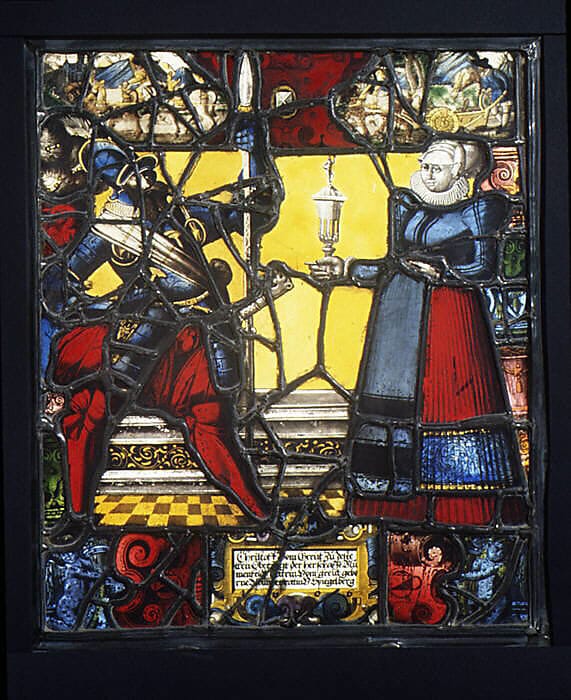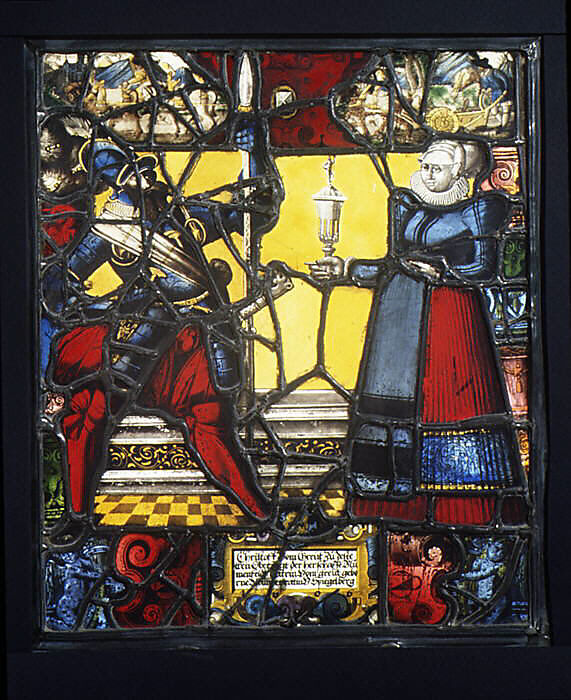Issue 53: We're Back, Baby!

Watch or Listen to this Issue (or Read it Below!)

Dear Reader,
Food For Thought
Welcome back! It's hard to believe a month has passed since the last issue, but as spring officially kicks into gear, it's time to kickstart the engine and get back into the flow of things.
Catching Up to Speed
In the last issue, I wrote that I'd be utilizing my month away from the weekly Sunday releases to work on software that would power the audiovisual arm of the newsletter. My goal was to create software that would "automate" the creation of engaging and novel audiovisuals, without sacrificing the core value add of the text newsletter. I'm happy to say that I was mostly successful in this endeavor.
Quo-Host & The Philosophy of Software that Solves a Problem
The result of this month's work is Quo-Host, a collection of programs that create engaging YouTube videos from the source material of book highlights and a raw audio transcription.
Building software like Quo-Host is interesting because it needs to be many things at once. It is software that attempts to solve a multi-level problem, while at the same minimizing the externalized costs it imposes on the larger system as a whole.
From Dev to End User
After a few weeks of grinding, I was able to get out a release of Quo-Host that I'm happy with. In this context, "release" means that I can use the software as an end user instead of as an active developer. In other words, to move from the program to the "executable file".
More importantly, I was able to integrate a lot of technologies and philosophies I'd been mentally toying with for many months but didn't have the time to build out, which I will be discussing the implications of later in this issue. This included coming to terms with "how I want to spend my hours", and relying on technology to improve the value and accessibility of my work without taking away the parts I consider idiosyncratic and fun.
In the "Catching Up to Speed" section above, I said the build was "mostly" successful, so allow me to briefly elaborate on that. I think the resulting videos from Quo-Host – as a viewer – fall somewhere on the spectrum of being more engaging than a video of B-Roll but less engaging than a professionally edited video by far. Going forward, I'd like to improve the quality of the experience enough to make it something that people look forward to watching, even if they don't read the newsletter.
The source code for Quo-Host. Notable files include: transcriber/simulate.py, public/index.html, server.py, and transcriber/transcript_to_chapters.py
In the earliest ideation phase, Quo-Host was merely concept art in a Field Notes journal. An impassible architectural challenge I faced was: how to make the computation feel "real-time" even though the audio it is processing against will have past by the time the computation pipeline finishes! In essence, I needed some sort of mind reading capability! I don't know if there's a Python package for that just yet!
From there I had to plan out the UX of the videos themselves. I wanted the quote text to be readable on small phones, so I used a JS library called textFit, which helped a ton. The top bar is the model's reasoning, which I find helpful as a "what was GPT thinking" section, and the bottom is a word timed transcription. The highlights make the whole thing easier to dive into, and more approachable.
(You can see the full playlist of Quo-Host videos here.)
I'm still playing with form factor, delivery, voices (I'm using Eleven Labs for the narration), editing, etc. but this project was a success in making video releases from my work fast, and fun.
The Plan for Year Two of the Newsletter
As we head back into our weekly cadence, I'd like to introduce the plan for the content of the newsletter in year two. Last year, I was driven mainly by curiosity, tackling any random topic that piqued my interest and I thought could create an engaging short essay that I could reliably get out within a week. Broadly speaking though, the themes I wrote about were books and technology, as well as the occasional social critique. By the end of the year, I began exploring "series type" newsletters, multi week deep dives into a single topic. I liked these series posts because I could logically split the work into digestible weekly chunks for the reader, while also being ambitious with callbacks, ideas, and build towards larger philosophies over a period of time. This year, I want to take the concept of series farther.
Much. Farther.
But On What?
As you likely know by now, I've long been in search of the "holy grail synthesis" of books and computers. I'm fascinated by the ideas and executions of combining one of civilization's oldest surviving technologies (books ~= 5500 years old) with one of civilization's youngest technologies (digital computers ~= 80 years old). Books and computers (specifically software development) have both had immeasurable impact on my life, and I see both as integral ingredients of the person I am today and the person I desire to be in the future.
In addition, I think books and a deeper understanding of computing are integral to the optimal functioning of our species as the new immense challenges we face require more and more nuance, wisdom, and judgement.
Thanks to the recent advent of LLMs, I think we are in the beginning of a golden era of commonplace books and computing at the individual level. My anecdotal experiences building and using Commonplace Bot have sufficiently proven this to me. I've even coined a term for the field I'll be expounding upon in depth over the next couple of months: personal library science.
Personal Library Science
Personal library science is a portmanteau of "personal computing" and "library science" and asks a simple, but very deep question:
How we can use computing to organize and augment the reading and writing of books at the individual human level?
We'll be spending a lot of time with this topic going forward, as I feel it is time to consider it seriously as both a field of study and as a suite of software tools and capabilities.
Let's Get To It!
Next week, the newsletter will be back with the first issue of year two with a deep dive into the argument for personal library science.
Again, welcome back, and I'll see you all, next Sunday.
Ye Olde Newsstand - Weekly Updates
If you've visited the site in the past month, you'll see that I haven't gone radio silent. In fact, I've been consistently posting #instabrams all month! Still the most fun, random, slice-of-life tag of the site.
Thanks for reading, and see you next Sunday!
ars longa, vita brevis,
Bram


